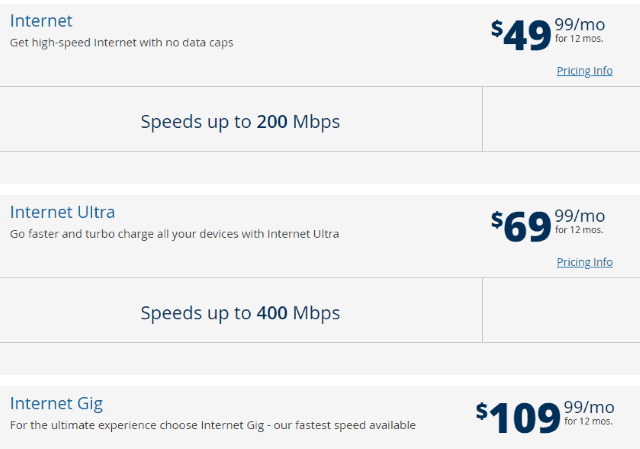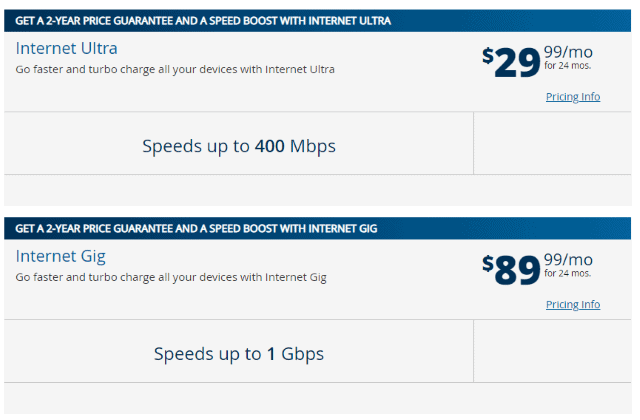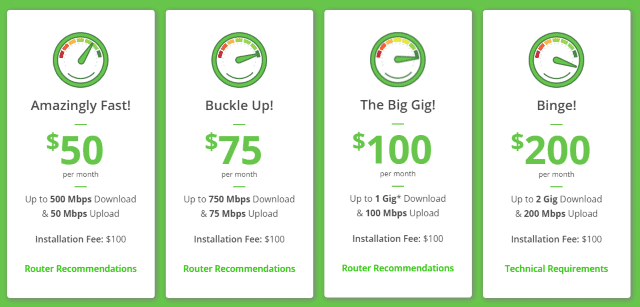
Sen. Portman
Three moderate senators will reintroduce the latest in a line of broadband funding initiatives later today that would allocate $40 billion to expand rural internet access and provide subsidies to make service more affordable for income-challenged Americans.
The Broadband Reform and Investment to Drive Growth in the Economy Act (BRIDGE Act), is a bipartisan measure sponsored by Republican Sen. Rob Portman of Ohio, Democrat Michael Bennet of Colorado, and independent Angus King of Maine. Originally introduced in 2020, the measure has been expanded this year to combine rural funding of broadband projects with direct subsidies to keep service affordable for poorer Americans. The measure is considerably smaller than the Biden Administration’s own proposal to spend $100 billion on broadband initiatives, the $94 billion broadband proposal from Congressional Democrats, and the $65 billion compromise plan Republicans tentatively reached with the Biden Administration before talks were called off.
Funding would be provided to internet providers prepared to expand broadband service, but only using technology capable of providing speeds starting at 100/100 Mbps — gigabit being even better. The bill would also invalidate state laws that impede or prohibit the development of municipal/public broadband projects. This could eventually lead to additional competition in rural areas not adequately served by existing providers. Funding would also be used to reduce the retail cost of internet service for those qualified as economically disadvantaged.
The reduced cost of the bill would limit the number of rural subsidy projects and would likely not be enough to provide service to all unserved Americans.


 Subscribe
Subscribe We need everyone to make a quick phone call to their state senator to demand the amendment be removed immediately! A full vote on this is expected tomorrow, so you MUST make that phone call today or early tomorrow morning. It will take less than five minutes of your time.
We need everyone to make a quick phone call to their state senator to demand the amendment be removed immediately! A full vote on this is expected tomorrow, so you MUST make that phone call today or early tomorrow morning. It will take less than five minutes of your time. Frontier Communications told a federal court judge last week that the DSL service it sells across much of its service area in New York State is not remotely “high-speed broadband service” and is not fit for purpose if New York’s Affordable Internet Law takes effect next week and requires Frontier to deliver at least 25/3 Mbps service to state residents.
Frontier Communications told a federal court judge last week that the DSL service it sells across much of its service area in New York State is not remotely “high-speed broadband service” and is not fit for purpose if New York’s Affordable Internet Law takes effect next week and requires Frontier to deliver at least 25/3 Mbps service to state residents.
 Competition is a wonderful thing. A case in point is the enormous difference Charter Spectrum charges new customers in areas where competition exists, and where it does not.
Competition is a wonderful thing. A case in point is the enormous difference Charter Spectrum charges new customers in areas where competition exists, and where it does not.


